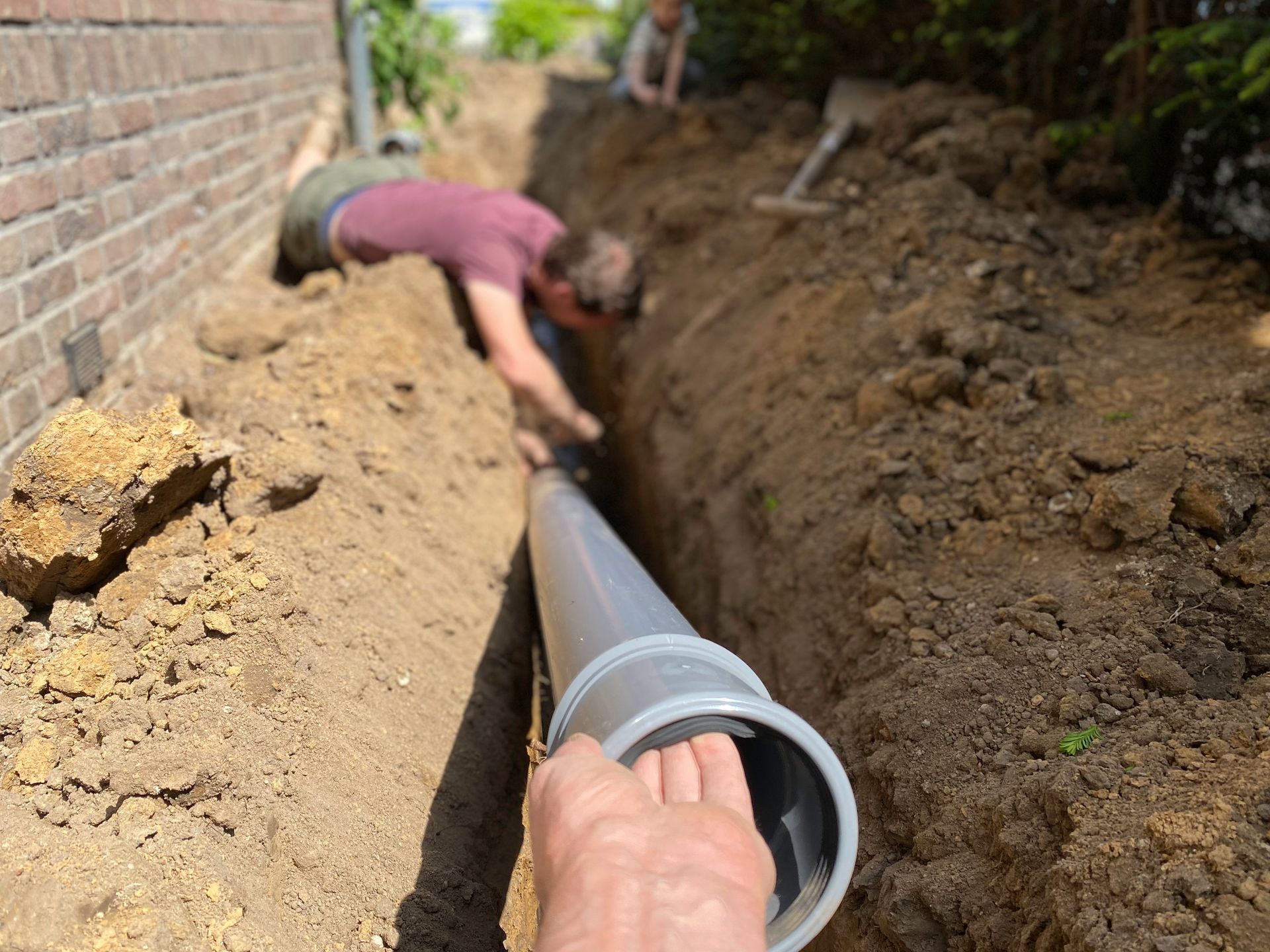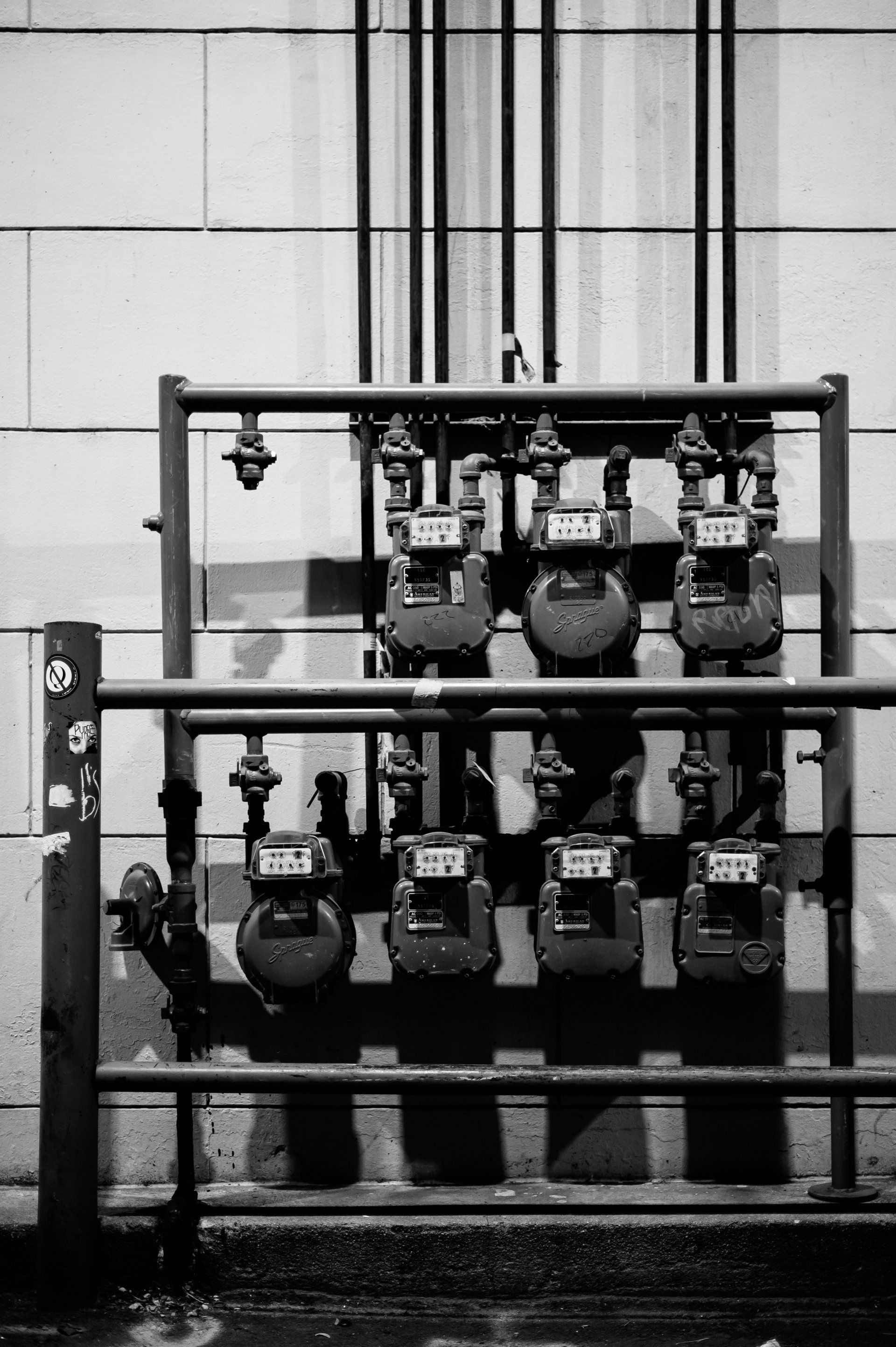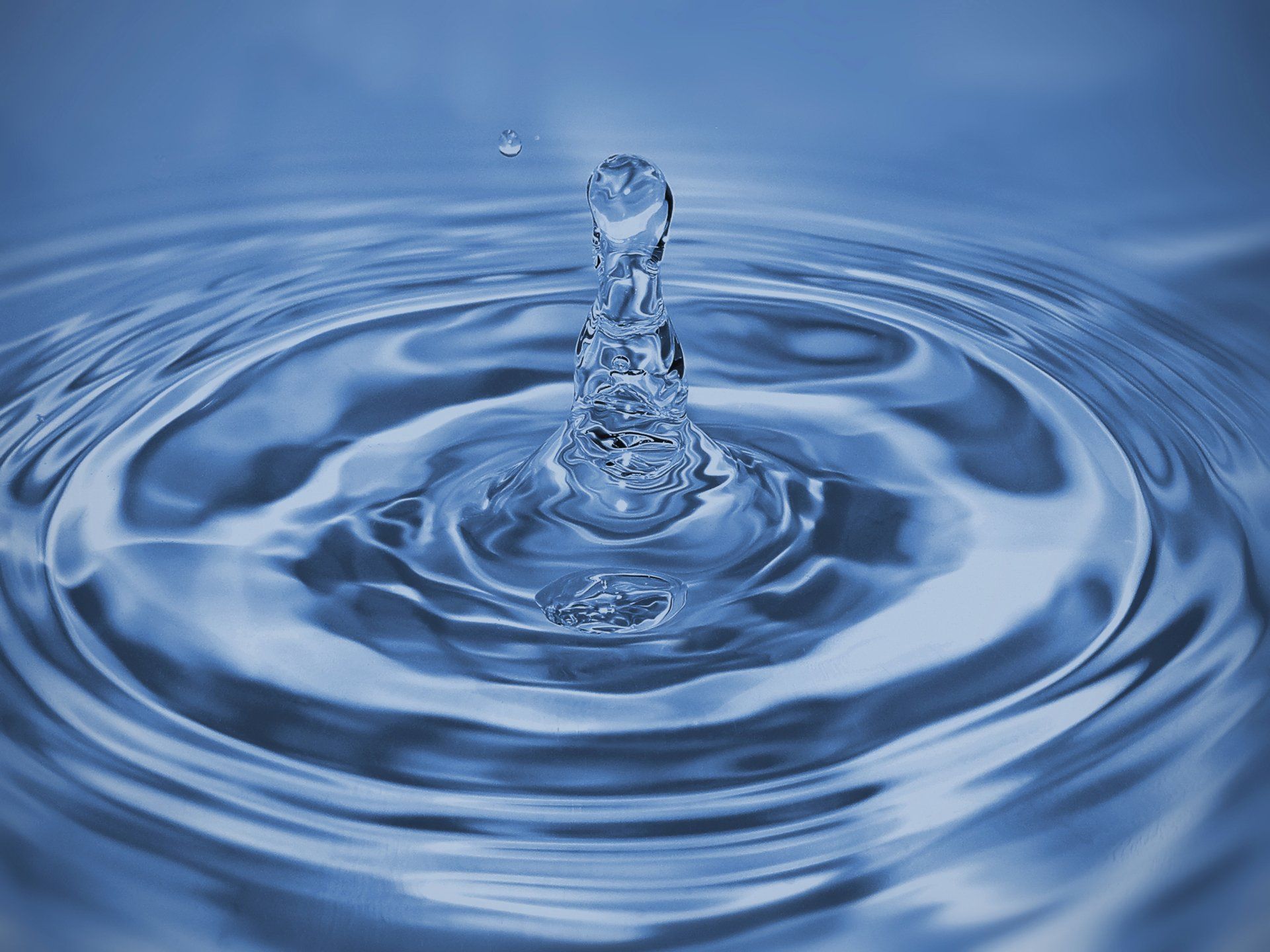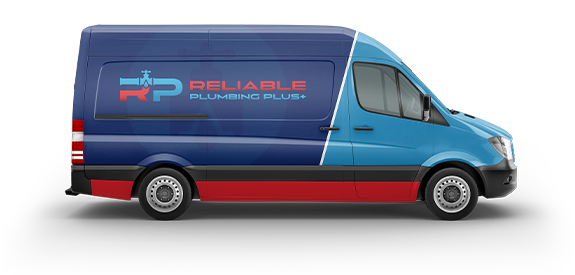Choosing the Right Water Heater
A Comprehensive Guide
Whether you need to replace your existing residential water heater or install one in a new home, choosing the right model is vital. Essential factors such as capacity, energy efficiency and installation costs can impact your daily comfort and long-term cost savings.
The most common water heaters have insulated tanks that hold between 30 and 80 gallons of heated water. They can be powered by gas, electric or fuel oil. Your water heater powers everything from showers and washing clothes to dishwashers and hot tubs. It also represents the second-largest energy consumer in your home and accounts for a significant portion of your utility bills. For these reasons, it’s important to understand the different types of water heaters available. Choosing the right water heater will ensure your family always has the hot water they need.
Tank Water Heaters
The most common type of water heater is the tank model. These appliances are usually powered by either natural gas or electricity. They typically have a first hour rating that indicates how many gallons of hot water it will produce in one hour. Depending on your household needs and how often you use water, you might require a high first hour rating to guarantee constant availability or you may need a low first hour rating if you only use water in bursts.
When choosing a tank water heater, you’ll also want to consider the materials the tank and heating elements are made from. This is particularly important if your home experiences hard water. This type of water is characterized by the presence of minerals such as calcium and magnesium. These minerals can cause scale deposits that clog pipes and reduce the efficiency of your water heater.
Another key factor to consider when selecting a tank water heater is its energy efficiency. There are a number of ways to measure the energy efficiency of a tank water heater, including recovery efficiency, standby loss, and cycling loss. A higher energy factor rating means the water heater is more efficient and will cost less to operate.
Tankless Water Heaters
A tankless water heater is a more energy-efficient alternative to a traditional tank model. These models are more expensive to purchase than tank models, but they can save you money in the long run by only heating water as it is needed. They also have a much smaller footprint, making them ideal for tight spaces.
Electricity-Powered Water Heaters
If you don’t have access to natural gas, an electric water heater is a good choice for your home. Electric water heaters have thick insulation that helps keep the heat inside the tank longer, reducing the amount of electricity it uses to heat your water.
Gas Powered Water Heaters
Gas-powered water heaters offer several benefits that make them a popular choice for many households. One of the primary advantages is their efficiency, as they can heat water quickly and maintain a steady supply of hot water, making them ideal for large families or homes with high hot water demands. Additionally, gas water heaters are known for their cost-effectiveness, as natural gas is often more affordable than electricity, resulting in lower energy bills. They are also reliable, ensuring a constant supply of hot water even during power outages. With their durability and ability to recover quickly, gas water heaters provide consistent and comfortable hot water for daily needs, making them a practical and efficient choice for many homeowners.
You might also like
Reliable Plumbing Plus Expert Tips




